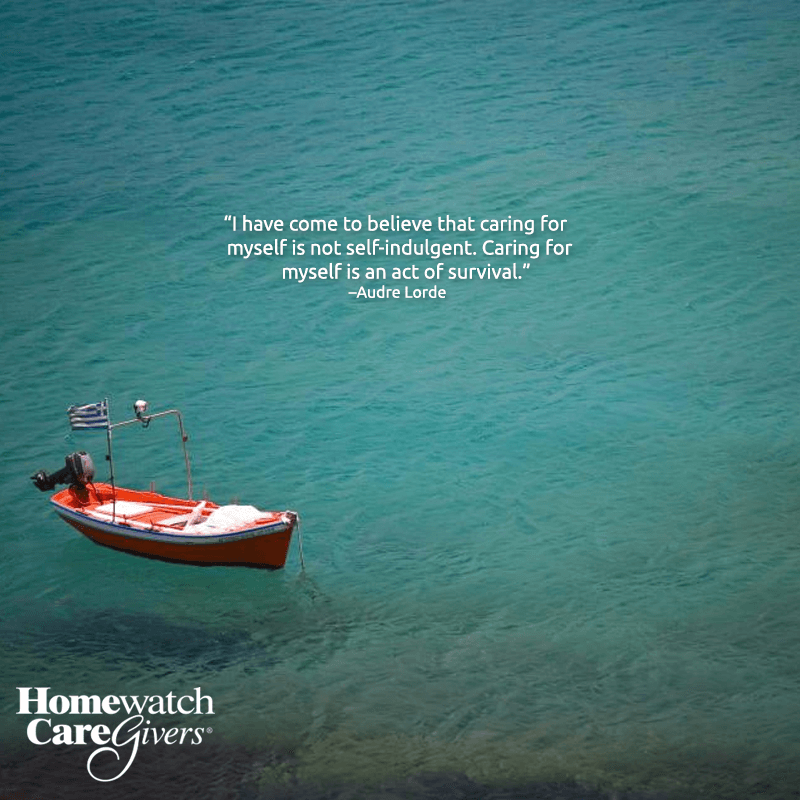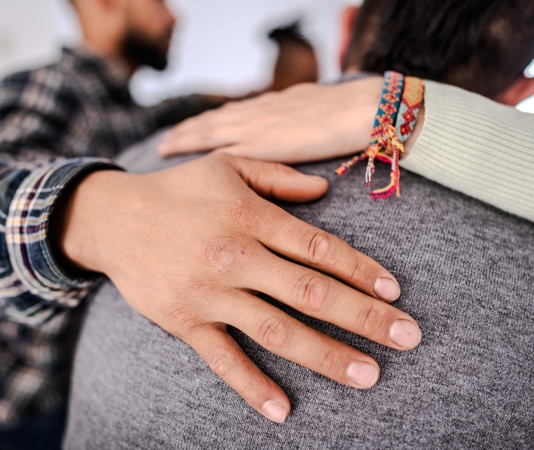Heather McHugh is a successful poet and recipient of a MacArthur Fellows Award in 2009, but it was the birth of her godson’s daughter with special needs that inspired her to create CAREGIFTED. This non-profit gives respite getaways to long-term caregivers in need of a refreshing vacation. The prize money from the MacArthur award (often referred to as “MacArthur Genius Grants” of over $500,000 are given to people “who have shown extraordinary originality and dedication in their creative pursuits.”) was used to start CAREGIFTED.
McHugh shared the latest on CAREGIFTED with us in an email interview.
1. How do you decide which caregivers will receive a vacation?
We have a selection committee (which always contains a minimum of at least one medical professional and one CAREGIFTED board member).
2. How many people have a received one of these vacations so far and how many are planned?
We're focusing on documentary film details this year (the film will be entitled UNDERSUNG and should be released next summer); we're also attending to some important administrative and outreach matters, as we did in early 2012; but every year that we've been actively doing getaways we've hosted about 10 caregivers. We have a new Vancouver Island microloft destination scheduled for completion in the summer of 2016, and after that, we expect to be able to double the number of caregiver getaways we offer annually.
3. Can you talk about how important it is for caregivers to get a break like this?
Oh, one can hardly begin to imagine it. I had thought a week off for people doing lifelong service like this would be merely a drop in the bucket. For one thing, I thought there would surely be other nonprofits offering free weeklong getaway vacations to such full-time long-term unacknowledged caregivers-- apparently not. For another thing: it seems (or so they tell me) that TIME actually changes for caregivers on getaway. (To some degree, we can all imagine that, from our own vacations during stressful times.) But caregivers seldom ever get a break-- and when they do, they almost never plan anything just for themselves. They build up a service skill they fear no one can replicate, and they wear down their own health in that assumption-- threatening everything, long term.
But the getaways wean them from the over-scheduled pressure and tension of their daily lives, and give them a chance to reflect on life as a whole, from a different perspective, and at a different angle, in a different landscape. And they frequently return home to find that the impression doesn't pass: That the change confers something of a more permanent perspectival shift.
One caregiver reported that (ever since her son was diagnosed with a condition that would never permit him to survive without 24/7 caregiving) she had felt as though she bore a huge stone in her chest, depressing her heart. On the getaway she said she felt that stone lift, giving her breathing room, and a reprieve from pain; she expected the sense of burden to return when she got home.
But she was surprised to report that even though some unforeseeable trying circumstances befell them in the weeks soon after her return, the stone-in-the-chest feeling has not come back to weigh her down. None of us had expected so thorough-going a benefit as most of these caregivers report.
One of the greatest burdens for caregivers is the degree to which their service to the severely disabled has isolated them from the world of ordinary (and restorative) adult contacts, conversations and commerce. Apparently being lifted out of the life for which they've assumed responsibility, even just for a week, lifts them out of despair-- and reminds them that who they once were, they still are, only greatly deepened and enriched (where before their getaways they had feared they had reached the point of being forever diminished by isolation and loss of freedoms). Needless to say, such a shift-- afforded by release from time (and more-than-full-time service), and access to dramatically-inspiring offerings of nature and art-- are priceless in restoring some sense of peace and hope to these self-sacrificing people.
What could be more consistent with the season, than such insights into the premises of human health and joyfulness?




.1803151925550.jpg)
